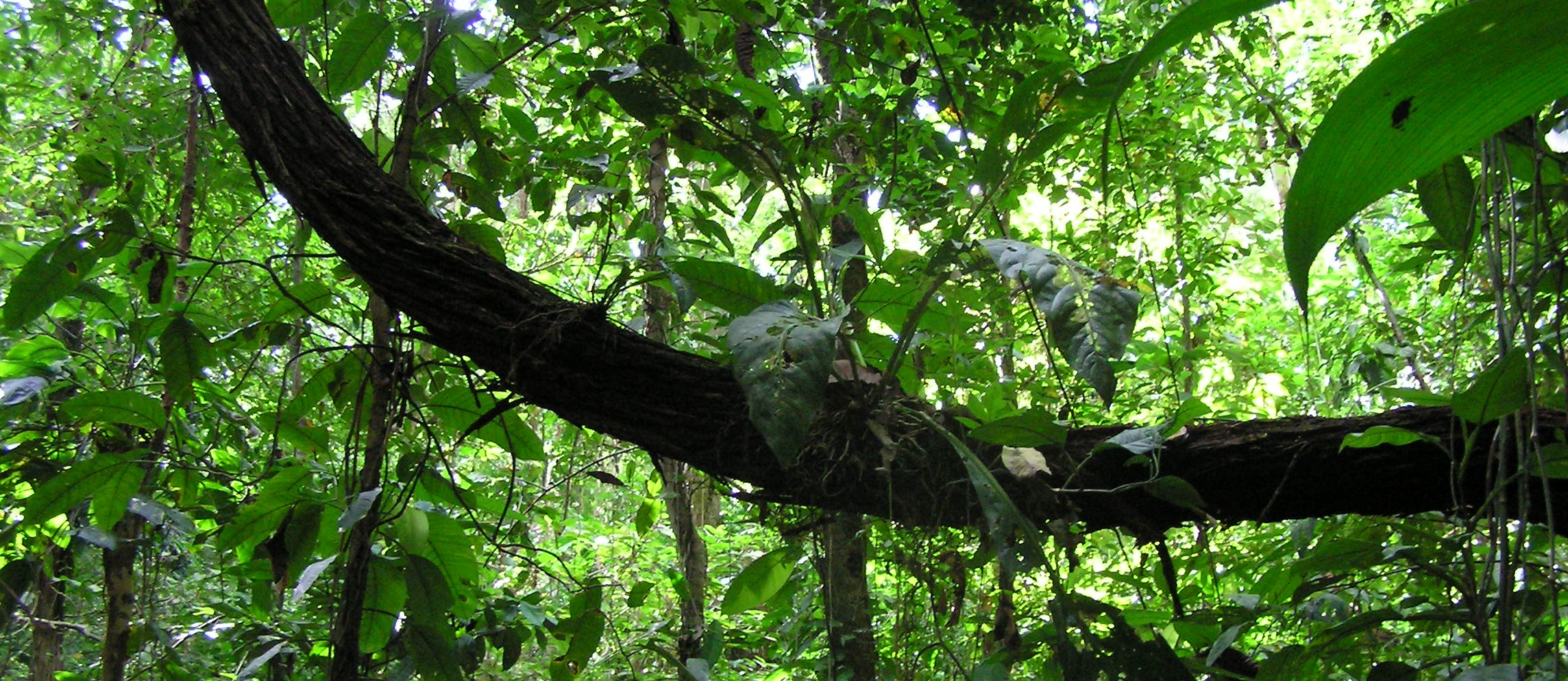Title
The relationship between seed size and establishment conditions in tropical woody plants
Document Type
Article
Publication Date
1985
Volume Number
66
Source Publication
Ecology
Abstract
Two approaches were used to examine the relationship between seed size and typical establishment conditions in woody species of tropical rain forests. First we compared seed masses of 36 mature tropical forest tree species with differing light-gap requirements for establishment. The 14 species that become established beneath a closed canopy or in small gaps were found to have higher mean seed masses than the species that require large gaps. Though species were divided into two types of establishment requirements, plotting the mean seed masses produced a continuous unimodal distribution rather than a bimodal distribution, suggesting that either intermediate establishment conditions are most common in tropical rain forests or that other biotic or abiotic conditions confound the relationship between establishment conditions and seed mass. Second, we compared seed masses of 203 early and late successional woody plants in one Peruvian forest. Seed masses of mature forest species were found to be significantly larger than those of pioneer species, even when the effects of tree height, dispersal syndrome, and growth form were controlled for statistically. Thus, both analyses demonstrated a relationship between large seed size and establishment in shady, stable plant associations. Additional analysis of Peruvian forest data demonstrated that mammals tend to disperse larger seeds than birds do, trees tend to have larger seeds than vines, and taller plants of a given growth form tend to produce larger seeds than shorter plants of the same growth form.
